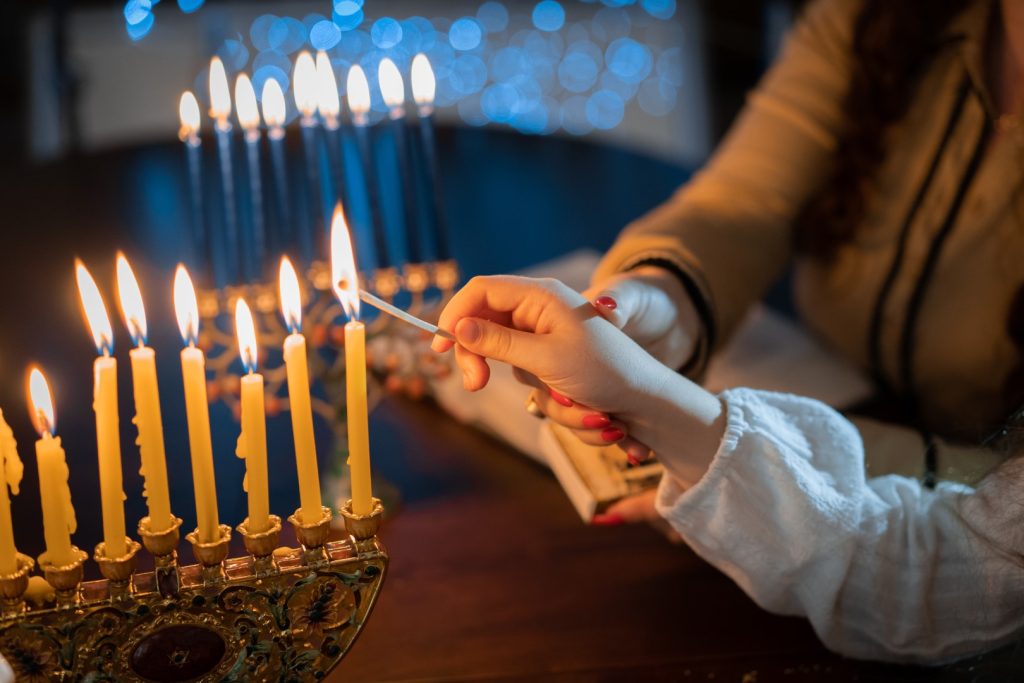The Hebrew word Hanukkah (חנוכה) literally means “dedication.” In modern Hebrew, the term is used in the phrase hanukkat habayit, referring to a housewarming ceremony or the dedication of a new home. But when it comes to the holiday of Hanukkah, the word carries profound historical and spiritual significance.
A Celebration of Rededication
The origins of Hanukkah lie in the rededication of the ancient Temple in Jerusalem. After a grueling three-year battle, the Maccabees emerged victorious over the Syrian Greeks, reclaiming the defiled Temple. They cleansed the sacred space, rekindled the Temple menorah, and offered sacrifices to God once again. This act of rededication became the foundation of the Hanukkah celebration, a time to commemorate the renewal of Jewish worship and the triumph of faith and perseverance.
The Meaning Behind the Name
Beyond its literal definition, other interpretations of the word Hanukkah add layers of meaning to the holiday:
- “They Rested on the 25th”: The first three letters of Hanukkah spell chanu (חנו), which means “they rested,” while the final two letters have the numerical value of 25. This is understood to signify the Maccabees resting from their battles on the 25th of Kislev, the Hebrew date on which Hanukkah begins.
- A Root in Education: Hanukkah shares its root with the Hebrew word chinuch (חינוך), meaning education. This connection underscores the holiday’s role in teaching values of resilience, faith, and hope. One Hasidic teaching even suggests that the light of Hanukkah offers a glimpse of the messianic era, serving as an educational experience to prepare us for future redemption.
A Legacy of Light and Renewal
Hanukkah is more than a historical commemoration; it’s a celebration of renewal and dedication that continues to illuminate Jewish life. The holiday invites us to reflect on our own dedication—to faith, community, and education—and to let the light of Hanukkah guide us toward hope and redemption.

